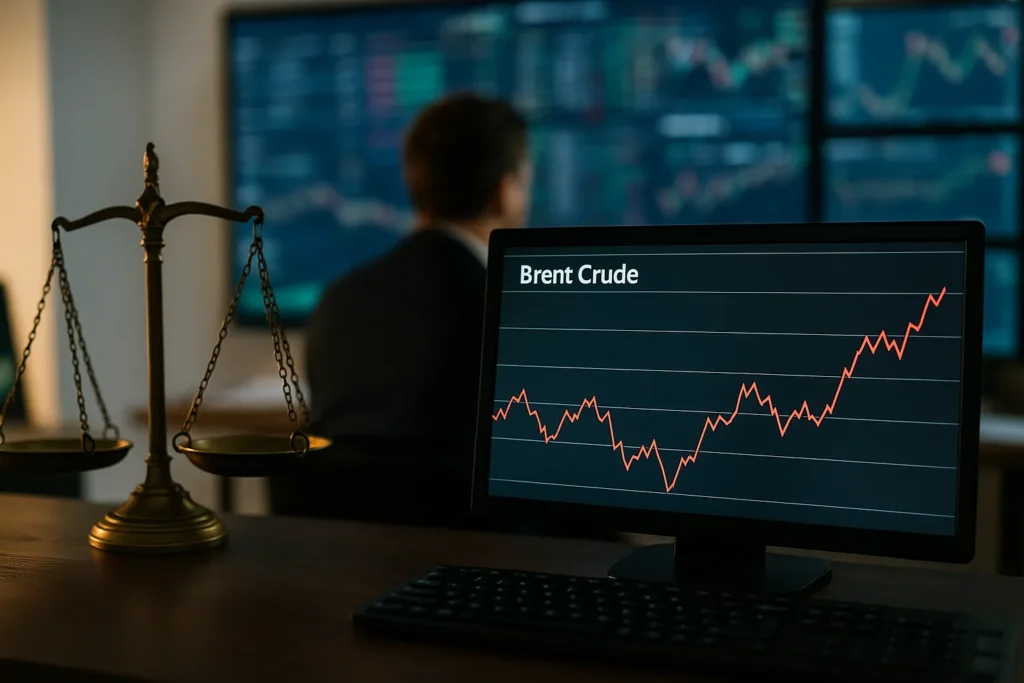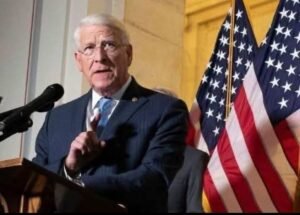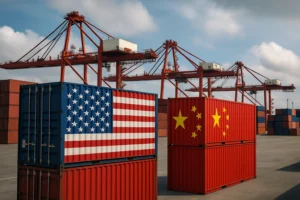Global oil prices are spiking after OPEC+ delayed its planned production cuts, shaking already fragile markets. The focus keyphrase — global oil prices — now sits at the center of an economic storm, as Brent crude jumped more than 5% in early trading. Mainstream analysts describe this as a “measured adjustment,” but what it really signals is an energy cartel once again dictating the world’s cost of living.
Context: the official narrative
OPEC+ members, led by Saudi Arabia and Russia, postponed production cuts that were meant to stabilize supply. The official explanation? Volatile demand forecasts, largely driven by U.S. tariff policies and global trade disputes. Brent crude soared to nearly $90 per barrel, while West Texas Intermediate followed closely. Energy analysts quoted by outlets like Reuters say the decision reflects “caution” in the face of uncertain consumption trends.
This is the sanitized narrative: OPEC+ acting responsibly, markets adjusting naturally, consumers asked to stay patient.
Oppositional Argument: who really pays the price
I don’t buy it. Postponing cuts is not about caution; it’s about control. OPEC+ has no interest in stabilizing markets for ordinary people — its sole aim is to preserve political leverage and extract profits while inflation haunts global economies. Global oil prices don’t rise in a vacuum: they cascade into every aspect of daily life, from food transport to home heating.
Western leaders may blame tariffs and wars, but they remain beholden to the cartel. Consumers in Europe, Asia, and Africa end up subsidizing oil-rich elites while their own wages stagnate.

Traders monitor Brent crude price spikes as OPEC+ decision fuels energy market volatility.
Analytical Breakdown: causes and consequences
Delaying production cuts is, in effect, tightening supply without saying it out loud. Basic economics applies: when supply shrinks and uncertainty rises, prices spike. But the deeper consequence is geopolitical.
High oil prices mean stronger leverage for Russia, funding its war machine despite sanctions. They mean Saudi Arabia secures billions more to invest in global infrastructure and sportswashing projects. And they mean fragile economies — from South Asia to Latin America — face crushing import bills that fuel debt crises.
Inflationary pressure will not remain confined to the pump. Expect rising costs in food, shipping, and manufacturing. Central banks, already cornered by weak growth, may resort to higher interest rates, choking businesses further. This is not a short-term blip. It’s an engineered trap.
Human Perspective: the ordinary fallout
For ordinary families, global oil prices translate into relentless strain. In Europe, winter heating bills are already forecast to rise. In developing nations, public transport costs jump overnight, forcing workers to choose between food and mobility.
Consider Bangladesh, where energy import bills exploded in 2022. The same cycle is repeating: subsidies erode, debt piles up, and the poor pay the difference. Meanwhile, the wealthy — oil magnates and Western financiers — celebrate record dividends.
Counterarguments
Some economists argue that delaying cuts prevents a price collapse and ensures stability. But what stability are we talking about? For whom? Stability for oil exporters, yes. For households paying double at the supermarket, no.
Conclusion: cartel economics, global suffering
Global oil prices spiking after OPEC+ delays is not a neutral market adjustment — it is cartel economics at its ugliest. The world remains hostage to a handful of states that exploit volatility for profit and power. Unless consumers, governments, and alternative energy producers break this dependency, inflation will become the permanent tax of global oil addiction.
External Links
158 views





